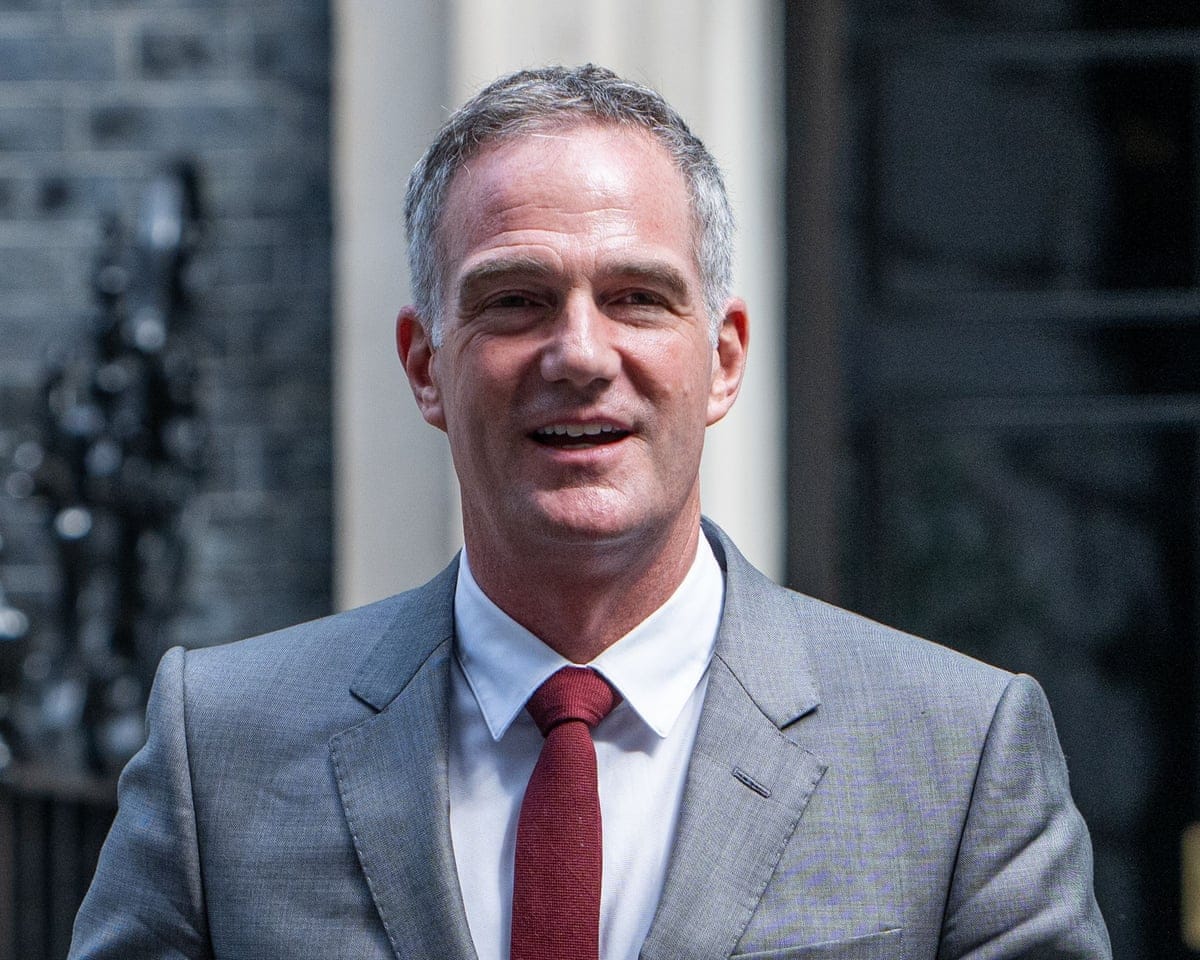Google has reached an agreement with the UK government to provide no-cost technology to public institutions, including the NHS and local councils—a decision critics have described as "deeply concerning."
Under the deal, the US firm will train thousands of government employees in digital skills, including artificial intelligence, without charging the UK government. Some officials see this as an opportunity for Google to position itself as public services increasingly shift toward digital solutions.
However, concerns have been raised about the risks of storing sensitive UK public data on US-based servers, particularly under the unpredictable political climate associated with former President Donald Trump.
The Department of Science, Innovation and Technology (DSIT) stated that Google Cloud, which offers data storage, machine learning, and computing resources, would assist public agencies in adopting modern technology to move away from outdated systems that leave them exposed to cyber threats.
While Google’s solutions are seen as more flexible than traditional alternatives, some within the government worry about the UK becoming overly dependent on a single tech company.
Other US firms like Microsoft, OpenAI, and Anthropic have also been working with officials to help improve the efficiency of financially strained public services.
Recently, Chancellor Rachel Reeves met with senior executives from Meta, including its chief global affairs officer and head of global business.
During the COVID-19 crisis, Palantir, a company founded by entrepreneur Peter Thiel, initially offered services to the UK government for £1 before securing a £330 million contract to consolidate NHS data systems.
DSIT also mentioned that Google DeepMind, led by renowned scientist Demis Hassabis, would partner with government technical teams to explore new innovations and streamline public-sector operations.
However, as officials grapple with regulating AI, cloud computing, and intellectual property, critics question whether the government can hold major US tech firms accountable, given their growing influence. Martha Dark of the nonprofit Foxglove remarked, "After granting Google such extensive access, how can we expect the government to enforce meaningful oversight? This decision seems dangerously shortsighted."
Additional experts warned that the deal could consolidate the dominance of companies like Google, leaving the UK reliant on a handful of large tech providers.
Read next

"AirPods Pro 3 reviewed: Upgraded battery, superior noise cancellation, top-tier performance"
Apple’s widely used AirPods Pro wireless earbuds have returned for their third iteration, offering improvements in comfort, battery performance, integrated heart rate tracking, and enhanced noise cancellation. The new model appears poised to be as prevalent as earlier versions.
Three years have passed since the previous release, yet the

"Peter Thiel's secret talks on antichrist shed more light on him than doomsday"
Peter Thiel’s Unusual Academic Pursuits
Peter Thiel is known for his skepticism toward academia. Yet, in four recent private lectures in San Francisco discussing the antichrist, the billionaire investor has made an unexpected case for intellectual credentials.
During these wide-ranging talks, Thiel appeared to channel the eclectic thinking he

"X resolves $128M severance dispute with former Twitter executives"
# Elon Musk and X Reach Settlement with Former Twitter Executives Over Severance Dispute
Elon Musk and X have resolved a legal dispute with four former high-ranking executives of Twitter, including the company’s ex-CEO, who alleged that the billionaire withheld $128 million in severance payments after acquiring the social media

